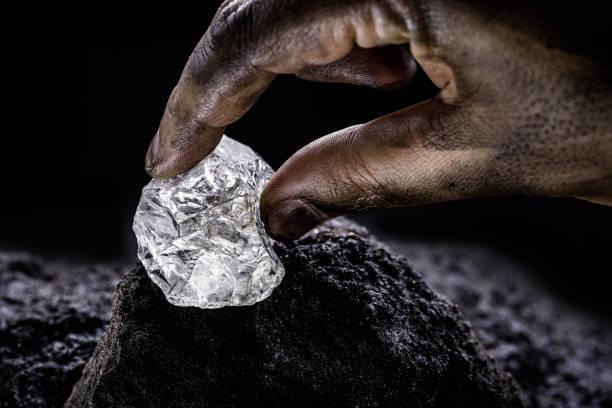The Democratic Republic of Congo also falls under this umbrella of failing to capitalize on the trending demand for particular natural resources. The DRC is home to significant deposits of hard-rock lithium. According to Industry Literature, lithium production in DRC is set to begin as early as 2023. Civil war, poor governance and illegal smuggling of minerals have distracted the country from mining lithium, and they might realize its potential a little too late.
The adoption of electric vehicles will lead to the increased demand for battery power between 1 and 6TWh, consequently the demand for lithium.
The global electric cars production grew to 10.9 million vehicles in 2020, three million more than in the previous year, highlighting the adoption’s potential. China leads in the number of electric vehicles on the road (5 million cars), followed by the United States with 1.77 million. China targets 20 per cent of electric vehicles production by 2025, while France has a deadline to convert all vehicle sales to be EV or hybrid-electric by 2040. The United Kingdom has bull-eyed zero greenhouse emissions in domestic output by 2050, to mention but a few.
[elementor-template id="94265"]











